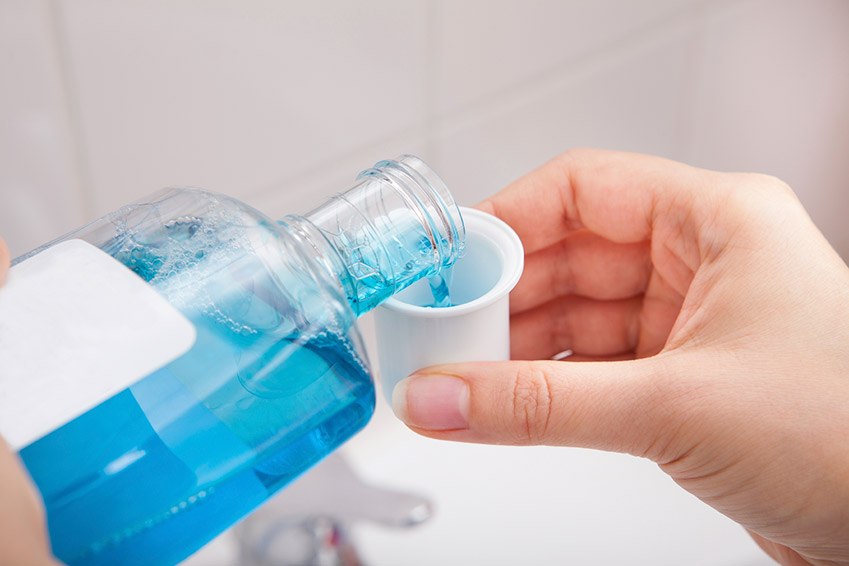The last few days when news broke about mouthwash having an ingredient that can kill coronavirus as fast as 30 seconds, the news became trending on social media with people sharing the news and many organisations covering it. However, the finding doesn’t suggest that viruses inside the body can be killed by mouthwash.
“Yes. There is some data out there, I am not saying it’s great data, that fill-in-the-blank substance inactivates or inhibits replication of coronavirus,” said Dr. Graham Snyder, associate professor in the Division of Infectious Diseases at the University of Pittsburgh School of Medicine to CNN.
Mouthwash or other substances like alcohol that can kill coronavirus will never be part of a solution for this pandemic. These substances can kill the virus from getting in contact but can’t kill the virus in someone’s body.
Other compounds such as chlorhexidine, hydrogen peroxide have the capability to kill a virus on contact and shortly after. But no study has come up with a blueprint to show how can they reduce the risk of catching or transmitting the virus.
The virus which entered your body will replicate constantly in the upper respiratory system. In the nose, the sinuses, bronchial tubes, the throat, and lungs. The virus is in a person’s nose, in the fluid of their vocal cords, or in lungs airways.
Mouthwash can’t kill virus in the mouth
When a person uses mouthwash or any oral rinse in theory can kill and reduce the amount of virus or bacteria in someone’s mouth for a short period. But it is important to know that the virus will grow back in a short time.
The same is the case for the claim that ultraviolet light kills the virus. The UV light coming out of its source such as the sun can kill the virus on a surface like a table but they cannot kill the virus inside a body. Such devices that emit UV lights are being sold in the market as a solution to kill the virus.
Hand sanitiser’s importance
The coronavirus enters a human body in two ways, through direct contact like when a person touches a surface containing the virus. In another way, when a person sneezes or releases droplets containing the virus which enters one’s nose and then into the respiratory system.
Hand sanitiser when applied kills that virus on hands who may have contracted it. However, mouth wash doesn’t kill the virus entered in the mouth or existing virus in a body. The news that went viral about the mouthwash, can lead to wrong assumptions about the use of the product.
Experts cleared that mouthwash cannot control the spread of the novel coronavirus nor kill it in an infected person. The role of mouthwash to kill some germs in the mouth will play an important role in killing many possible infections in the human body.
Johnson & Johnson statement
Even the famous Johnson & Johnson who sell mouthwash as one of their product warned against the use of it as a killer of the virus. The company released a public statement warning the product users to avoid any such practices.
“LISTERINE mouthwash has not been tested against any strains of coronavirus. Only some LISTERINE mouthwash formulations contain alcohol, and if present is only around 20% alcohol,” read the statement.
“LISTERINE mouthwash is not intended to be used, nor would it be beneficial as a hand sanitizer or surface disinfectant. LISTERINE Antiseptic is clinically proven to kill 99.9 % of germs that cause bad breath, plaque, and gingivitis,” added further.
“LISTERINE mouthwash has not been tested against the coronavirus and is not intended to prevent or treat COVID-19. Consumers should follow the preventive measures issued by the World Health Organization including washing hands frequently, maintaining social distance, and avoid touching your eyes, nose, and mouth,” the statement noted.

